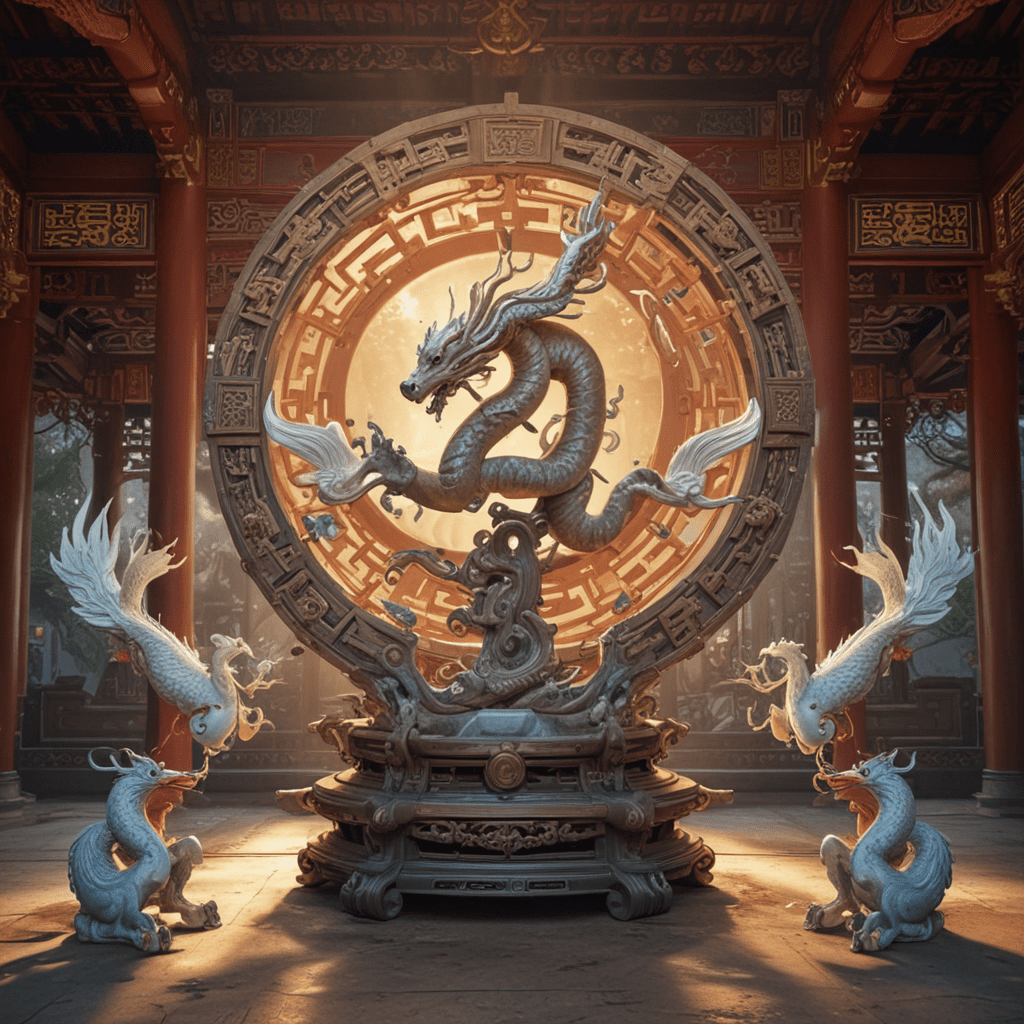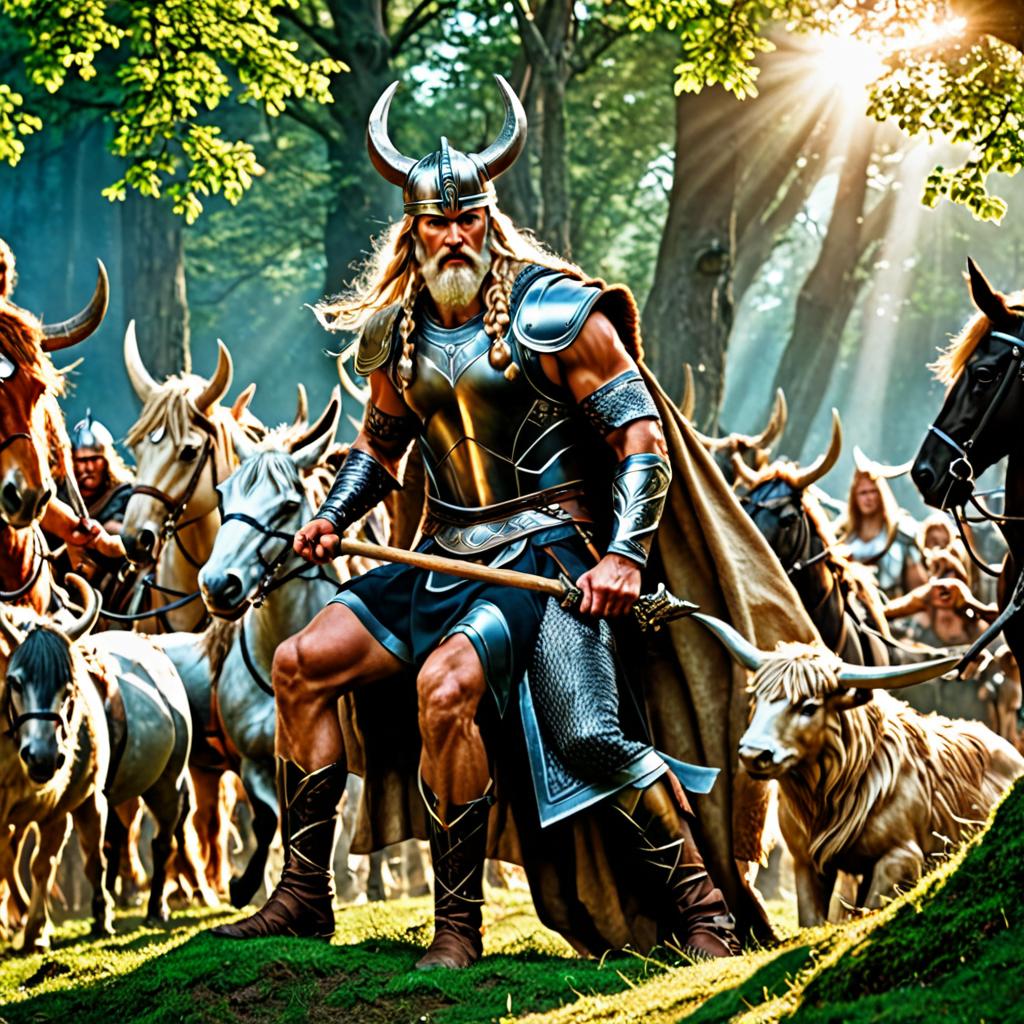The Lost City of El Dorado: Mythical Island or Historical Fact?
Introduction
The legend of El Dorado has captivated imaginations for centuries, representing the ultimate quest for wealth and adventure. Originally thought to be a city of gold hidden in the jungles of South America, El Dorado has become a symbol of human desire and ambition. Its importance extends beyond mere folklore, influencing colonial aspirations, literature, and popular culture. This article aims to explore the origins of the El Dorado myth, examine the evidence surrounding it, and discuss its implications on history and society.
The Origins of the El Dorado Legend
The roots of the El Dorado legend can be traced back to the indigenous tribes of South America, particularly the Muisca people. They practiced a ritual involving the “El Hombre Dorado,” where their chief would be covered in gold dust and submerged in a sacred lake as offerings to the gods. This practice caught the attention of Spanish conquistadors, leading to a cascade of myths surrounding a land filled with immeasurable wealth.
Initial European encounters in the early 16th century, especially by explorers like Gonzalo Pizarro and Francisco Orellana, laid the foundation for the El Dorado myth. Pizarro, who conquered the Inca Empire, sought to expand his riches, while Orellana’s expeditions along the Amazon River further fueled tales of golden cities waiting to be discovered.
The Evolution of the El Dorado Myth
Over time, the story of El Dorado evolved significantly. Initially depicted as a man, the legend transformed into tales of a golden city, and eventually into a kingdom of unimaginable wealth. This evolution reflects the desires and aspirations of the European explorers who sought not just gold, but also glory and prestige.
- From Man to City: The transition of the figure of El Dorado from a singular man to a grand city marked a shift in the narrative, fueled by the hopes of many explorers.
- From City to Kingdom: As exploration continued, the idea grew into a mythical kingdom, a paradise filled with riches, much like other legendary locations such as Atlantis and Shangri-La.
The transformation of El Dorado demonstrates how myths adapt to reflect human desires, making it a rich subject for exploration in both historical and literary contexts.
Cultural Interpretations and Representations of El Dorado
Throughout history, El Dorado has inspired countless depictions in literature and art. From the writings of Sir Walter Raleigh to modern novels, the allure of the city of gold has been a recurring theme. Artists have captured the essence of adventure and the quest for wealth in various forms, including paintings and sculptures.
In contemporary media, El Dorado’s influence is evident in films, video games, and television series, where the quest for the mythical city often symbolizes larger themes of greed, adventure, and the clash of cultures. However, these representations can sometimes perpetuate stereotypes about indigenous cultures, reducing them to mere backdrops for European adventures.
Archaeological Evidence and Theories
Despite the mythical status of El Dorado, recent archaeological findings have provided intriguing insights into the existence of advanced civilizations in pre-Columbian South America. Discoveries in the Amazon basin suggest that large, complex societies once thrived in these regions.
- Evidence of Urban Planning: Archaeological sites like Marajo Island and the geoglyphs in Brazil indicate that sophisticated urban planning existed among indigenous groups.
- Advanced Agricultural Practices: The presence of terra preta, or “black earth,” showcases advanced agricultural techniques that supported larger populations.
These findings lend credence to the notion that the legends surrounding El Dorado may have been rooted in reality, even if the precise nature of such civilizations remains unclear.
Historical Accounts and Eyewitness Testimonies
Explorers and settlers left behind various accounts claiming to have encountered El Dorado or its treasures. However, analyzing these primary sources reveals a mix of exaggeration, misinterpretation, and outright fabrication.
- Gonzalo Pizarro: His expeditions in search of El Dorado led him deep into the jungles, where he claimed to have discovered vast riches, though evidence suggests his accounts were often embellished.
- Francisco Orellana: His reports of golden cities sparked further expeditions, but much of his testimony lacked concrete evidence.
While these accounts stoked the fires of the El Dorado myth, the reliability of such testimonies remains questionable, as many were driven by the desire for glory and wealth.
The Role of Greed and Colonialism in the Quest for El Dorado
The quest for El Dorado significantly fueled European colonization efforts in South America. This relentless pursuit of wealth had devastating consequences for indigenous populations, leading to exploitation, violence, and cultural erasure.
The implications of this quest raise ethical considerations about the consequences of greed and colonialism:
- Exploitation of Resources: The search for gold led to the destruction of local ecosystems and exploitation of indigenous labor.
- Cultural Erasure: Many indigenous cultures were marginalized or destroyed in the wake of European colonization, as their lands were seized in the name of wealth.
The narrative of El Dorado, while rooted in myth, reflects the darker aspects of human ambition and the impact of colonization on native populations.
Modern Interpretations and Discoveries
In recent years, expeditions and technological advancements in archaeology have reshaped our understanding of El Dorado. Remote sensing technology and LiDAR have uncovered previously hidden structures in the Amazon, suggesting that the region was home to complex societies.
Modern research continues to explore the relationship between indigenous populations and their environments, challenging past narratives that painted them as primitive. The ongoing allure of the El Dorado myth persists in contemporary society, serving as a reminder of humanity’s enduring quest for wealth and paradise.
El Dorado as a Symbol: Wealth, Adventure, and the Human Psyche
Beyond its physical representation, El Dorado symbolizes humanity’s deepest desires for wealth, adventure, and the pursuit of happiness. It reflects the psychological and sociological implications of seeking paradise, which can often lead to obsession, greed, and disillusionment.
- Wealth: The relentless pursuit of riches can overshadow ethical considerations and lead to destructive behavior.
- Adventure: The quest for El Dorado embodies the human spirit of exploration and the desire to uncover the unknown.
- Paradise: El Dorado represents an idealized version of life that many strive to achieve, often at great personal and societal costs.
In conclusion, the legend of El Dorado encapsulates the complexities of human ambition, colonial history, and the cultural narratives that shape our understanding of wealth and paradise. Whether a mythical island or a historical fact, El Dorado remains a captivating story that continues to inspire and intrigue.




